Monday marks the anniversary of the most famous match in soccer history, Hungary’s 6-3 defeat of England in 1953. The Budapest bar named 6:3 celebrates the occasion by inviting top UK football writer, Jonathan Wilson, to present his new book, ‘The Names Heard Long Ago’. In it, he tells the secret history of the influential but little-known Hungarians who paved the way decades before that fateful day at Wembley.
A Budapest landmark almost as steeped in legend as the match it was named after, the 6:3 bar was recently taken over by four football-loving expats keen on reviving it while honouring its tradition. See the story here.
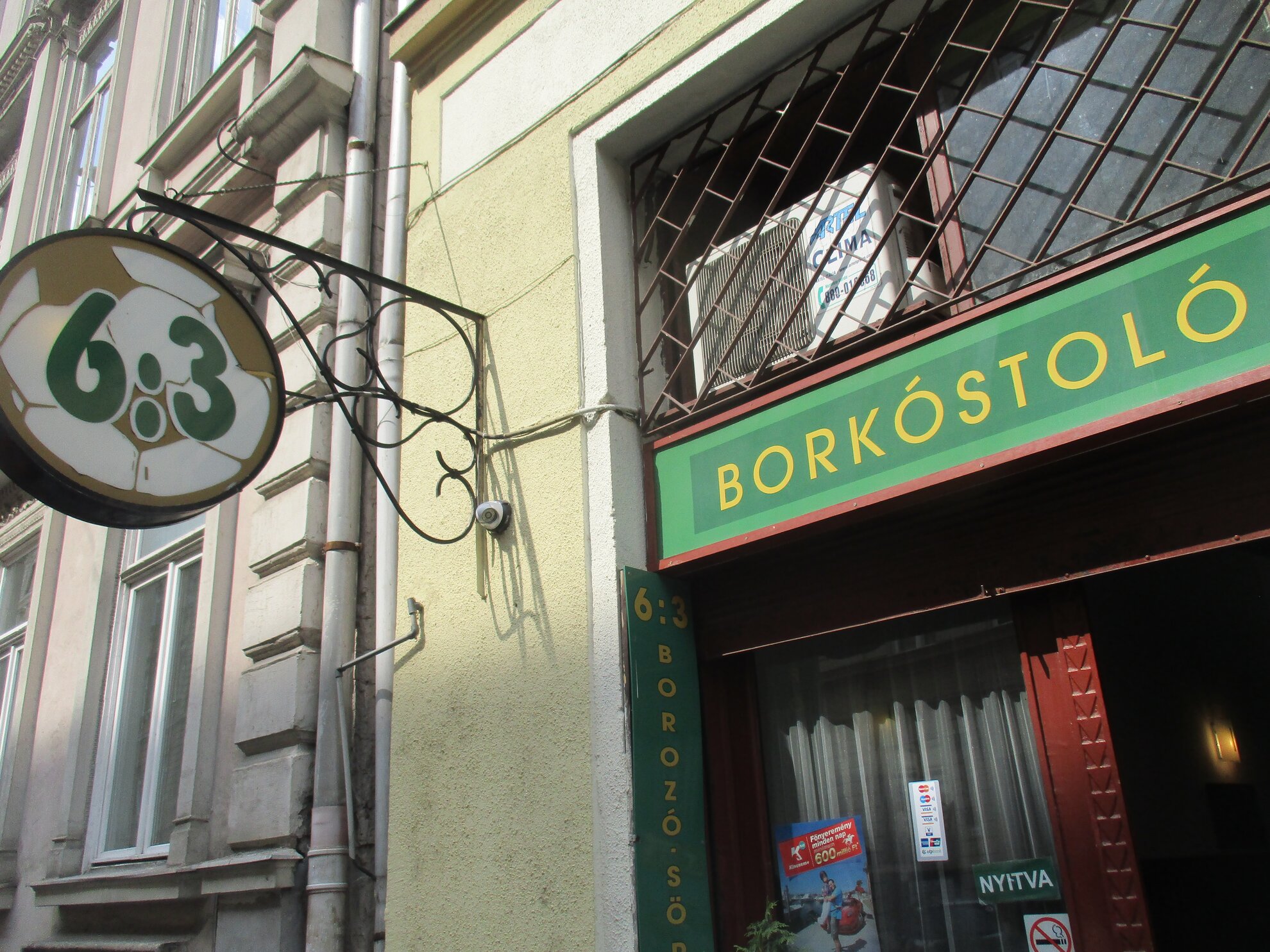
Once owned by Nándor Hidegkuti, who scored a hat-trick on that foggy afternoon in 1953, the 6:3 bar retains its wood-panelled interior, its original memorabilia and its selection of affordable classic Hungarian drinks and eats.
“What’s been really pleasing has been the number of young Hungarians who have come to look around, take a few photos and order a slice of zsíros kenyér and glass of Unicum,” says co-owner Andrew Cartwright, referring to the bread and dripping and dark liqueur that would have been familiar to regulars in Hidegkuti’s day.
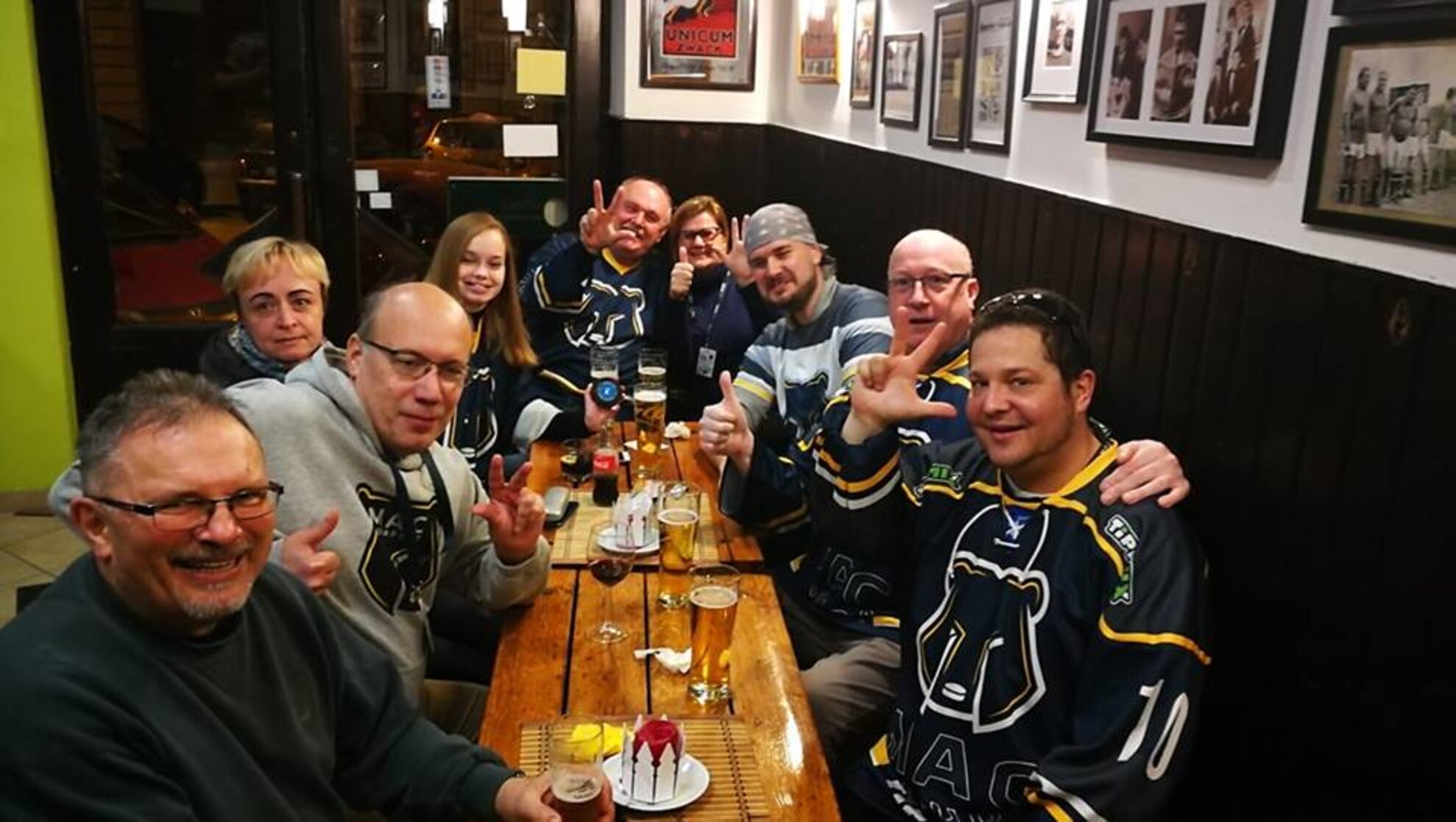
Much has been talked about the watershed events of 1953, when Hidegkuti’s Hungary walloped past masters England at Wembley. Every year on 25 November, a solemn crowd gathers in reverence at the candlelit 6:3 bar while original footage plays of the game, with Hungarian radio commentary.
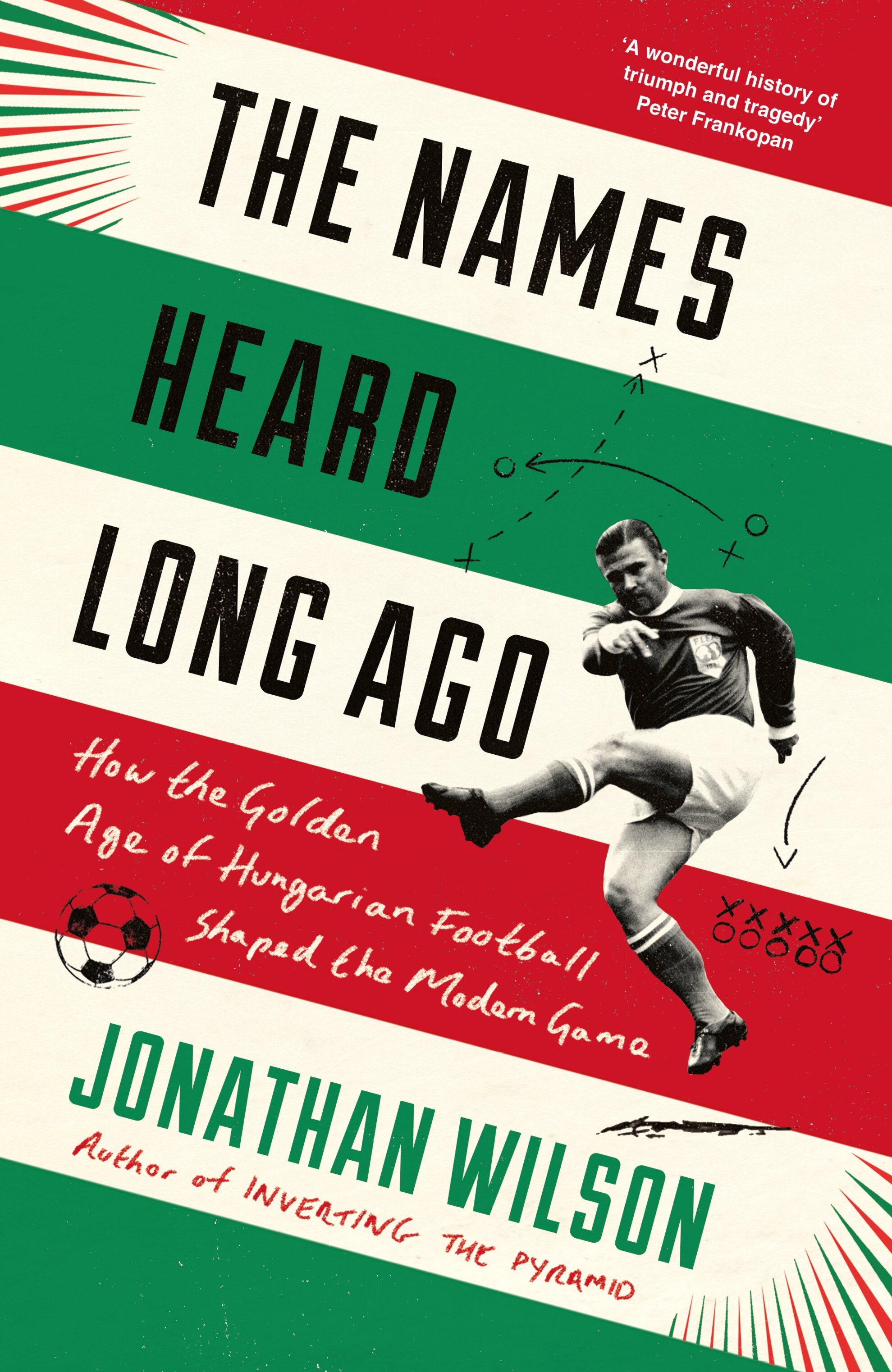
In keeping with the fresh new approach on Lónyay utca, this year the bar owners have invited Guardian football writer Jonathan Wilson, whose books have covered the game in Barcelona, Argentina and behind the Iron Curtain. His latest, The Names Heard Long Ago, is co-titled How the Golden Age of Hungarian Soccer Shaped the Modern Game.
“The story of Hungarian football,” says Wilson in the introduction, “is one of tragedy and courage, and of great influence”. This particular story, according to Wilson when he spoke to We Love Budapest, came together thanks to a series of extraordinary coincidences.
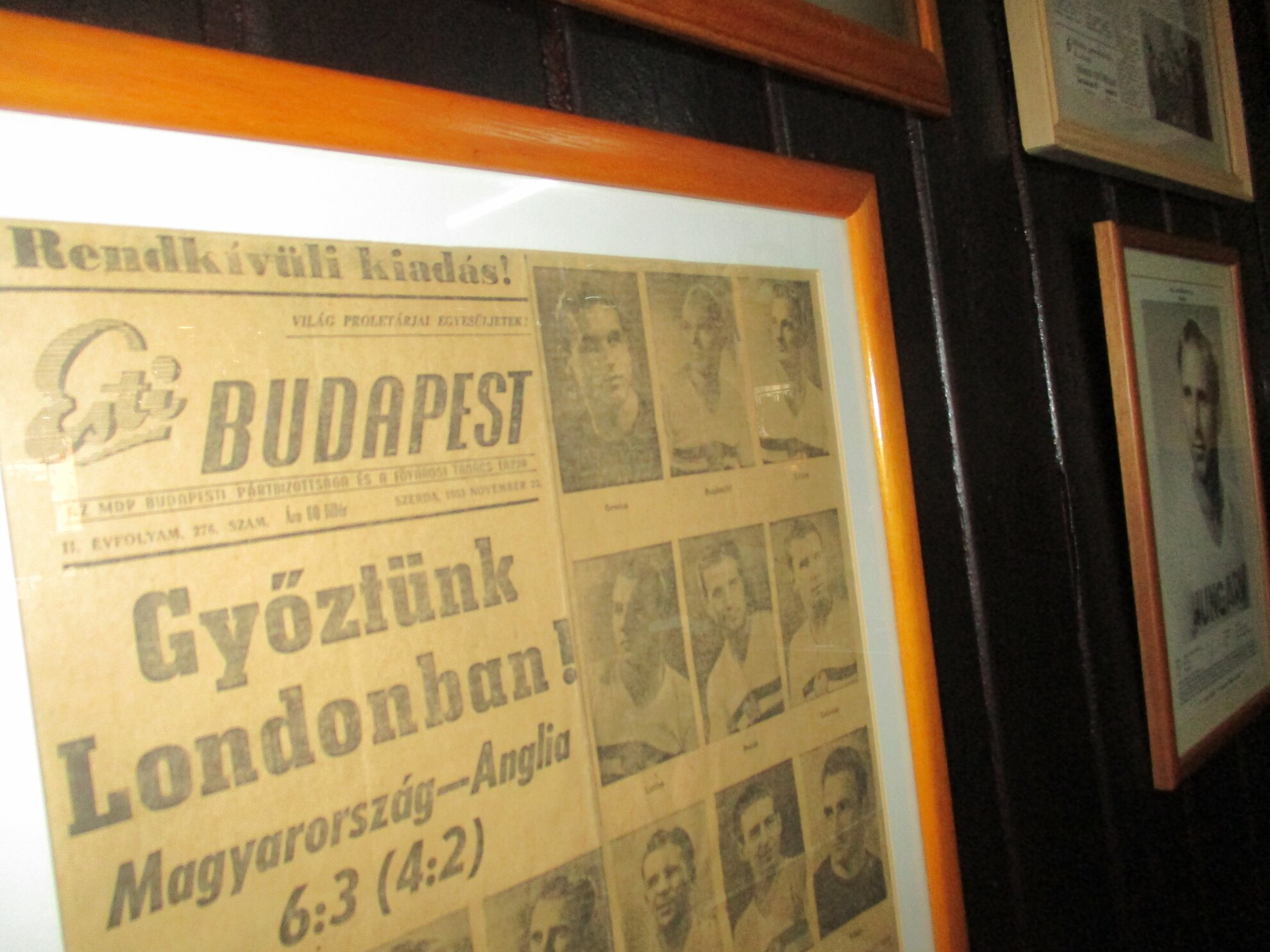
“I had been planning this book for over a decade, ever since I met Brazilian football historian Roberto Assaf in Rio in 2006,” said Wilson. “He told me of a mysterious figure who had arrived from Central Europe 70 years before.”
This character turned out to be coach Dori Kürschner, who used the tactical know-how gleaned in Budapest in the 1920s to shape Brazilian football. “I figured there must have been a similar equivalent in Argentina. There was: Emérico Hirschl.”
The hunt for Hirschl led Wilson from a single, Latinised name to the wider saga of Jewish Hungarians schooled by the pioneering tactics of Englishman Jimmy Hogan at MTK Budapest. Forced to flee Hungary in the 1930s, they spread their knowledge worldwide. In 1953, right after their historic victory, Hungary’s players rushed to thank Hogan, watching near the pitch.
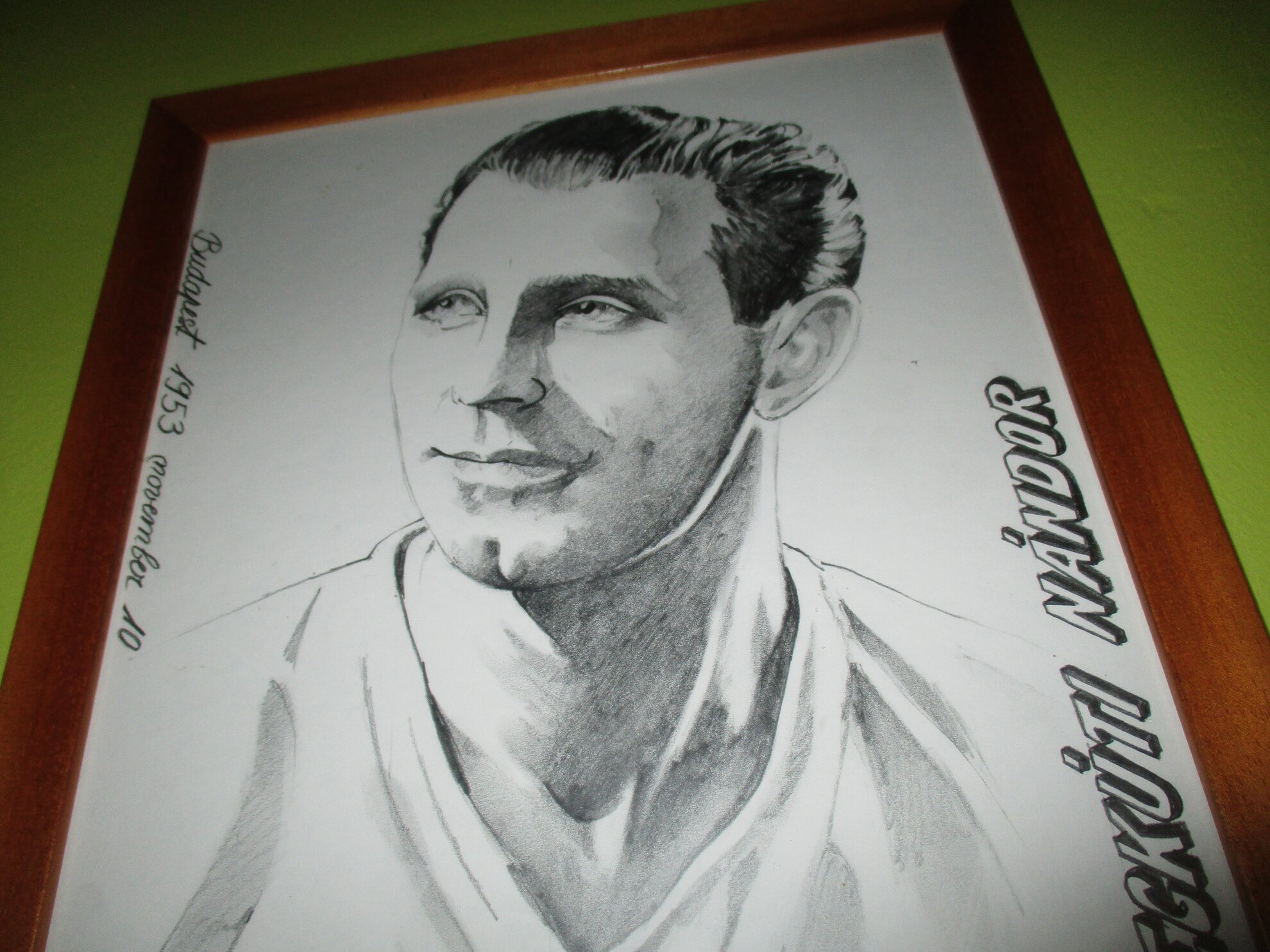
Wilson tracks each of these key figures who gathered in the coffeehouses of Budapest in the 1920s. The most elusive was Imre Hirschl. “Basically,” said Wilson, “Hirschl was a salami salesman. He never actually played for the teams he said he did. Hirschl had been stranded in South America after the club he was attached to abandoned their tour”.
Through former MTK player and later star coach Béla Guttman, Hirschl, an accomplished masseur, was offered a post as a football manager in Argentina and became a huge success.
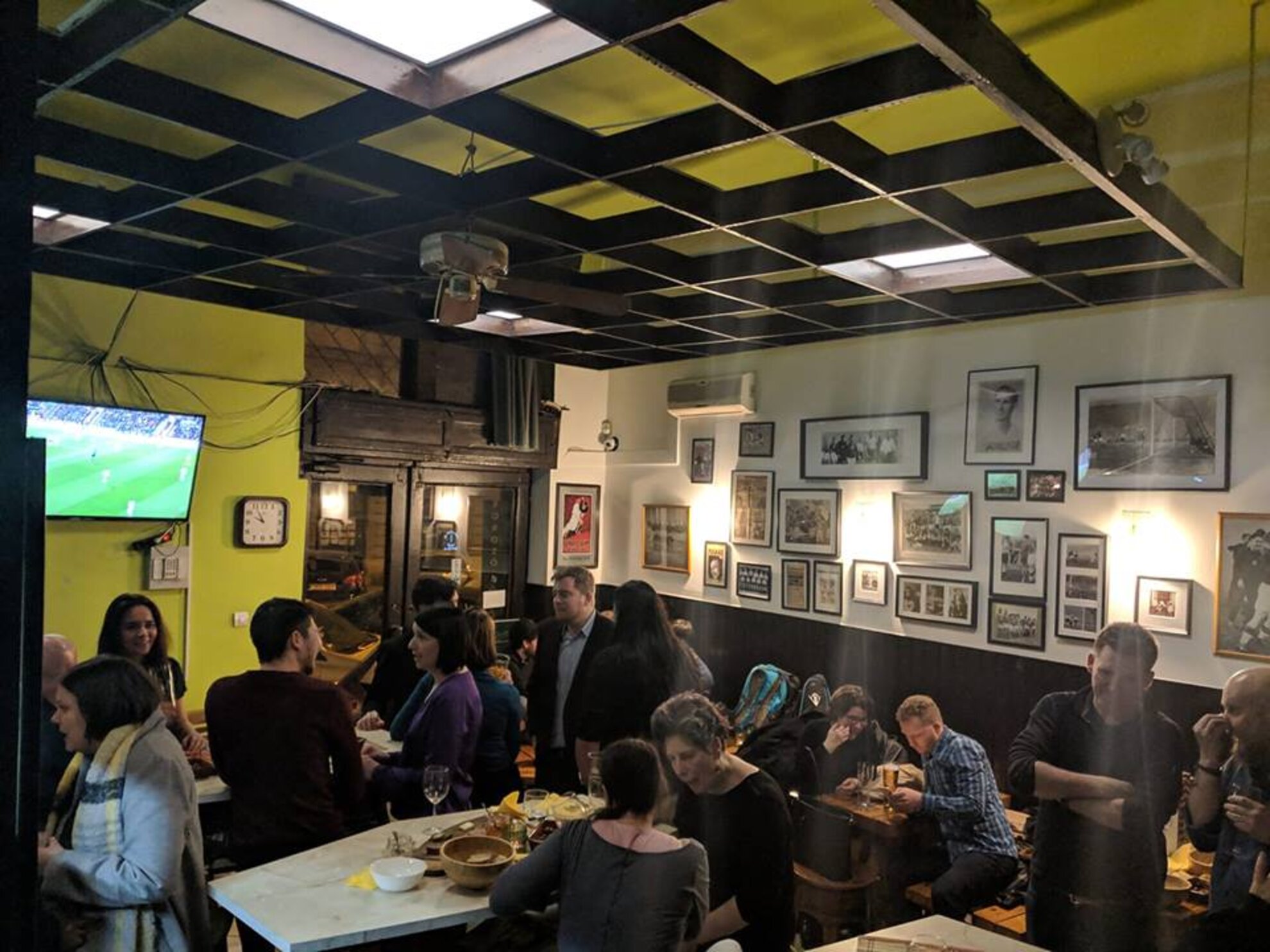
Yet, until Wilson, his story was untold. “I had a stroke of luck in 2014 when his daughter wrote to a Uruguayan publisher to clarify what little detail they had given about her father in a football history. This took me back to Budapest.”
Wilson had his own team of four researchers pore over the Hungarian archives. “Hirschl was only mentioned twice in the Hungarian press. Once when he married in 1923, then when new equipment arrived at his salami factory in 1928.”
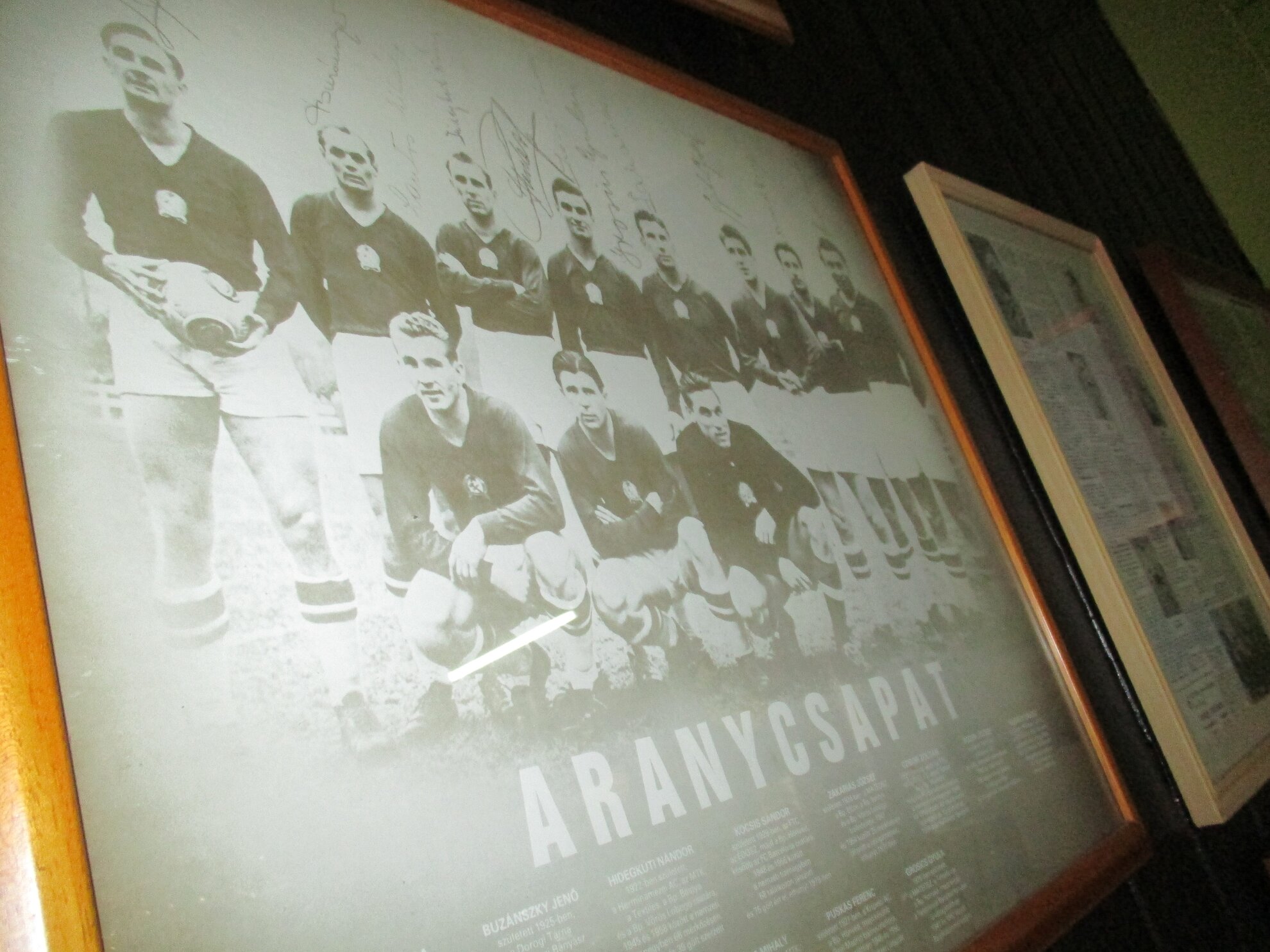
Passenger manifests of pre-war Atlantic crossings – which Wilson happened to have – threw up the name of Hirschl’s wife. The trail then took Wilson to what becomes the start of his book, clearing thick ivy from a gravestone in Kozma utca to unveil the name of Hirschl’s beloved son.
Members of the MTK club – where Hidegkuti later played – are researched with equal determination, their stories unravelled against the backdrop of persecution, the Holocaust, Communism and the Hungarian Uprising. The Golden Team of 1953 crowned decades of savvy coaching but their own story ended with the Soviet invasion of 1956.
As Wilson says in his introduction to The Names Heard Long Ago, “What emerges… is the picture of a culture of extraordinary vibrancy that produced and was propagated by extraordinary men who dealt with extraordinary challenges”.
Jonathan Wilson presents The Names Heard Long Ago at the 6:3 Borozó
Monday, 25 November, 8pm
District IX. Lónyay utca 62
Register for attendance via hatharomborozo@gmail.com




